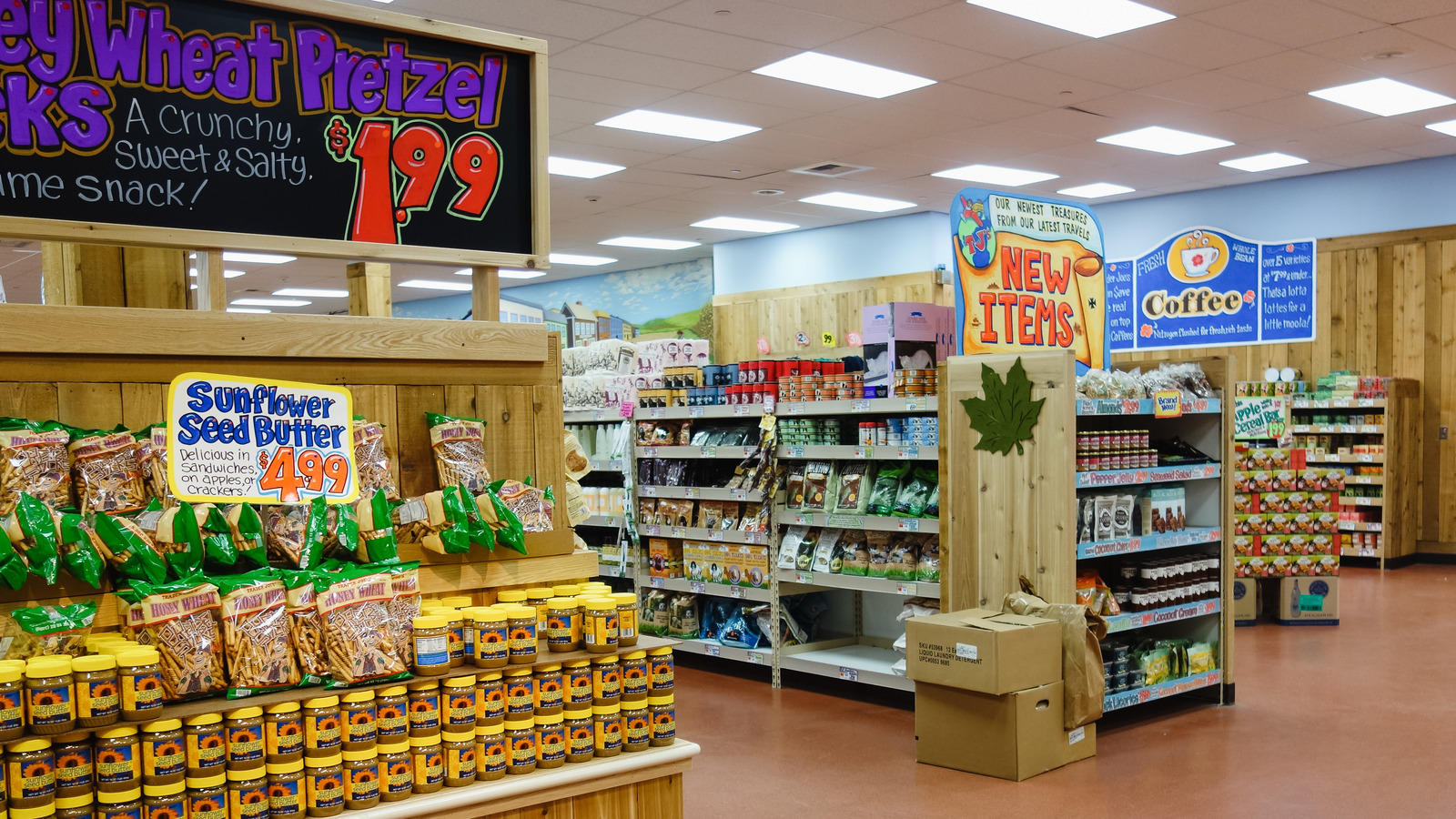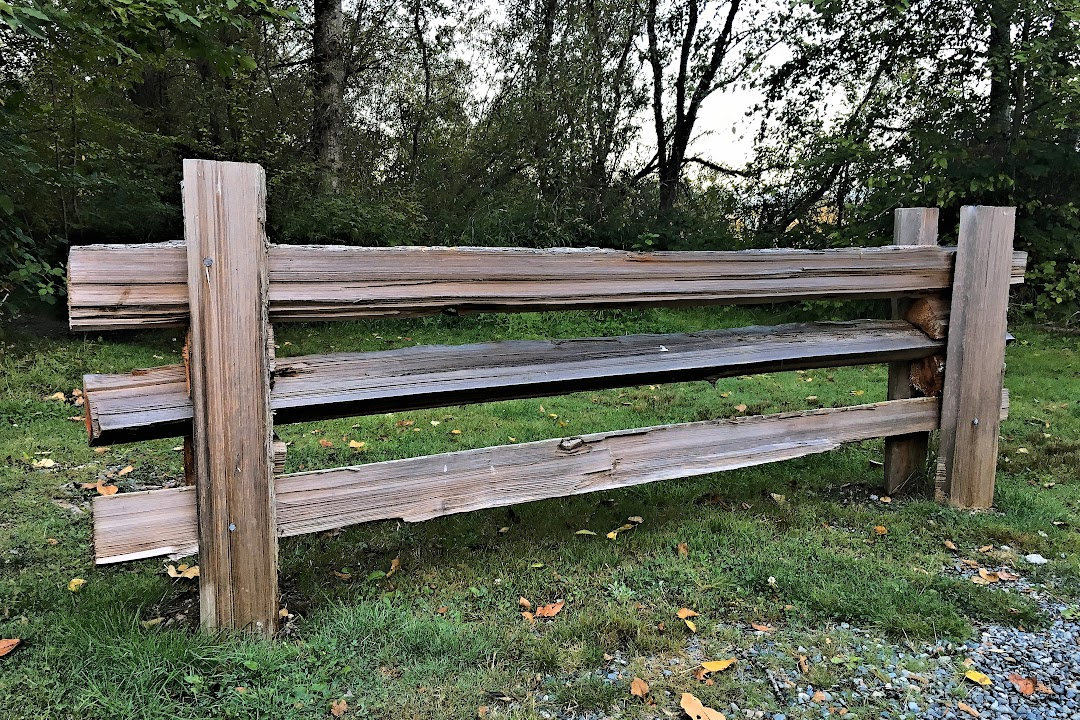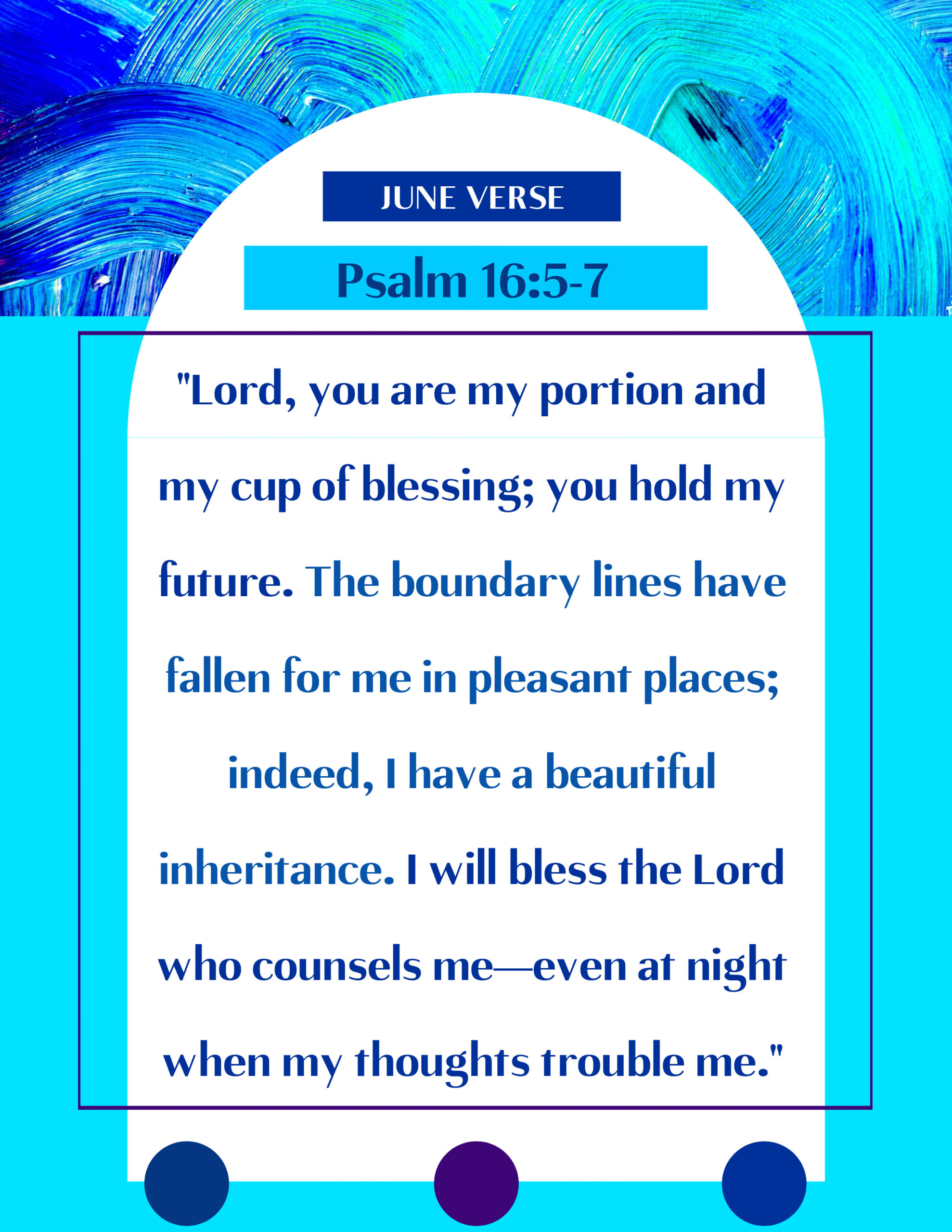During my first year of motherhood, when we were still living in California, there was a Trader Joe’s a couple of miles from our apartment. Trader Joe’s was not my usual shopping spot, but I enjoyed going in from time to time to buy snacks and other fun/convenience foods. Sadly, these trips were always stressful for me: as much as I loved the store, my shopping experiences always found me overwhelmed by so many enticing options.

For regular Trader Joe’s shoppers, for whom the store’s curated selection is part of TJ’s appeal, my overwhelm might be confusing. It’s true that Trader Joe’s has far fewer food items on its shelves than the traditional grocery store where I did my regular shopping; but at those bigger grocery stores, I had conditioned myself to stick to a shopping list, turning a blind eye to any items I had not pre-decided to buy. At Trader Joe’s, where the entirety of the store was open to me, I would circle the store for over an hour, adding items to my cart until it was overflowing, then recognizing I had overdone things a bit and agonizing over which foods to leave and which to bring home. On more than one occasion I grew so overwhelmed by indecision that I gave up and left the store without buying a single item.
Then one day, while out on a walk with Charleston in the stroller, we meandered through Trader Joe’s on a lark. We were two miles from home—two miles that included some incredibly steep hills—so I couldn’t buy much. This imposed limit was so freeing! I restricted my purchases to what would fit in the bottom of my stroller (dark chocolate peanut butter cups and some gluten-free pretzels, if you’re curious!) and happily wheeled the snacks home, with zero regrets about the items I’d chosen to leave on the shelves.
After that, I only went to Trader Joe’s while out on a walk. I knew I could only bring one or two items home with me and that empowered me to be intentional with my choice. It might have been an unconventional method of curtailing decision fatigue, but it worked like a charm.

The idea of imposed limitations is not unique to me. We are blessed to live in a time and place of many, MANY options. Even those with limited finances have been granted a smorgasbord of offerings for what we eat and wear, who we befriend and how we entertain ourselves, where we worship and live and work and learn, and even (as children are being taught these days) our sexual and gender identities. The abundance of options can be delightful (I love that I have dozens of TBR books waiting for me on my Kindle and bookshelves, thousands more at my local library, and an almost infinite number that I could have in my hands within the hour thanks to Amazon delivery).
But with so many options come endless decisions, more than many of us have the capacity to make. (One source says we each make 35,000 choices every single day!) To keep our brains from exploding with indecisiveness, many of us adopt creative limit-setting solutions like capsule wardrobes, shopping from a preselected handful of stores, or only buying produce that is seasonal or on sale. My Trader Joe’s solution may seem extreme, but it’s just a variation on the types of measures most of us take in order to stay sane.
Today, we have to make our own limitations because few exist naturally. People of the past (and people in parts of the world today) were given far fewer opportunities for decision fatigue, but choice is inherent to the human condition, and I assume that even individuals living in the most primitive times faced hard choices on occasion. Is it any wonder, then, that our Creator built in boundaries and parameters to guide us? Our bodies hold natural limitations that keep us (literally) grounded, force us to rest, and prompt us to eat the right amounts of food. Nature’s seasons inform our activity choices and food availability. Geographical elements influence housing and attire. God also provided the Law (most notably the Ten Commandments) that limited the Israelites’ behavior to only the best practices. These are all limits and boundaries that helped (and continue to help) us.

While some boundaries are easy to accept, boundaries in the form of rules and laws are taboos in our You-Do-You, freedom-obsessed culture. Many people are turned off by the idea of a religion that tells them how to act, claiming that any form of moral limitation infringes on their liberties or rights. This is a gross misunderstanding of the purpose of God’s laws! The commandments outlined in Scripture were not given to enslave humans to impractical and burdensome rules, but to illuminate a life that God knows is best. These are HEALTHY limitations that free us from the the consequences of sins—sins that are the actual shackles of our freedom. Because of Jesus’ sacrifice we are not condemned when we choose not to follow God’s Law—there is grace for our sinful mistakes—but we would be foolish to ignore His guidelines for the holiest (and subsequently most fulfilling) path.
King David was a man after God’s own heart who experienced first-hand the pain of ignoring God’s life-giving boundaries. His sins wrecked havoc on his family and nation, but his faithfulness led to flourishing. In psalm 16 David acknowledges God’s boundary lines that “have fallen in pleasant places.” This is likely referring to the allotment of the promised land, but it could also be an acknowledgement of the goodness in God’s plans for David’s position and morality. David celebrates the portion God has given him: a portion, defined as “part of a whole”, is inherently limited, yet David sees this as good and he honors the blessings that are confined to what has been given him by God.
As a follower of Jesus, I recognize the beauty in the boundaries God has set for me. Scripture outlines certain parameters for my behavior; life circumstances dictate how I spend my time; our family’s income informs our purchasing and lifestyle choices. These may sometimes feel restrictive, but in recognizing God’s hand in each of these limitations, I am able to see that God’s boundary lines for my life have fallen in pleasant places. I, like David, have a beautiful inheritance! God has provided me with far more than I need or deserve; even in times when I experience a perceived lack, I can know that ultimately I am and will always be fulfilled because God is my portion and He is enough.

Instead of rejecting the boundaries God invites me to accept, or resenting the boundaries I have no choice but to acknowledge, I can bless the beauty and abundance within the boundaries. When life feels burdensome or overwhelming, I can celebrate that He has hemmed me in and within this place I will find peace, joy, purpose, and ultimate fulfillment.